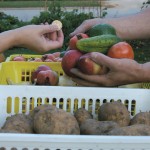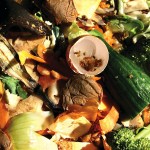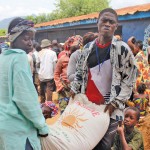Many farmers are willing to sell a side of beef, a few dozen eggs or a bag of potatoes to their acquaintances. Farmers have been direct marketing since agriculture began and it is only in the last 50 years that direct farm to consumer sales have started to be questioned. Up until then, governments encouraged










